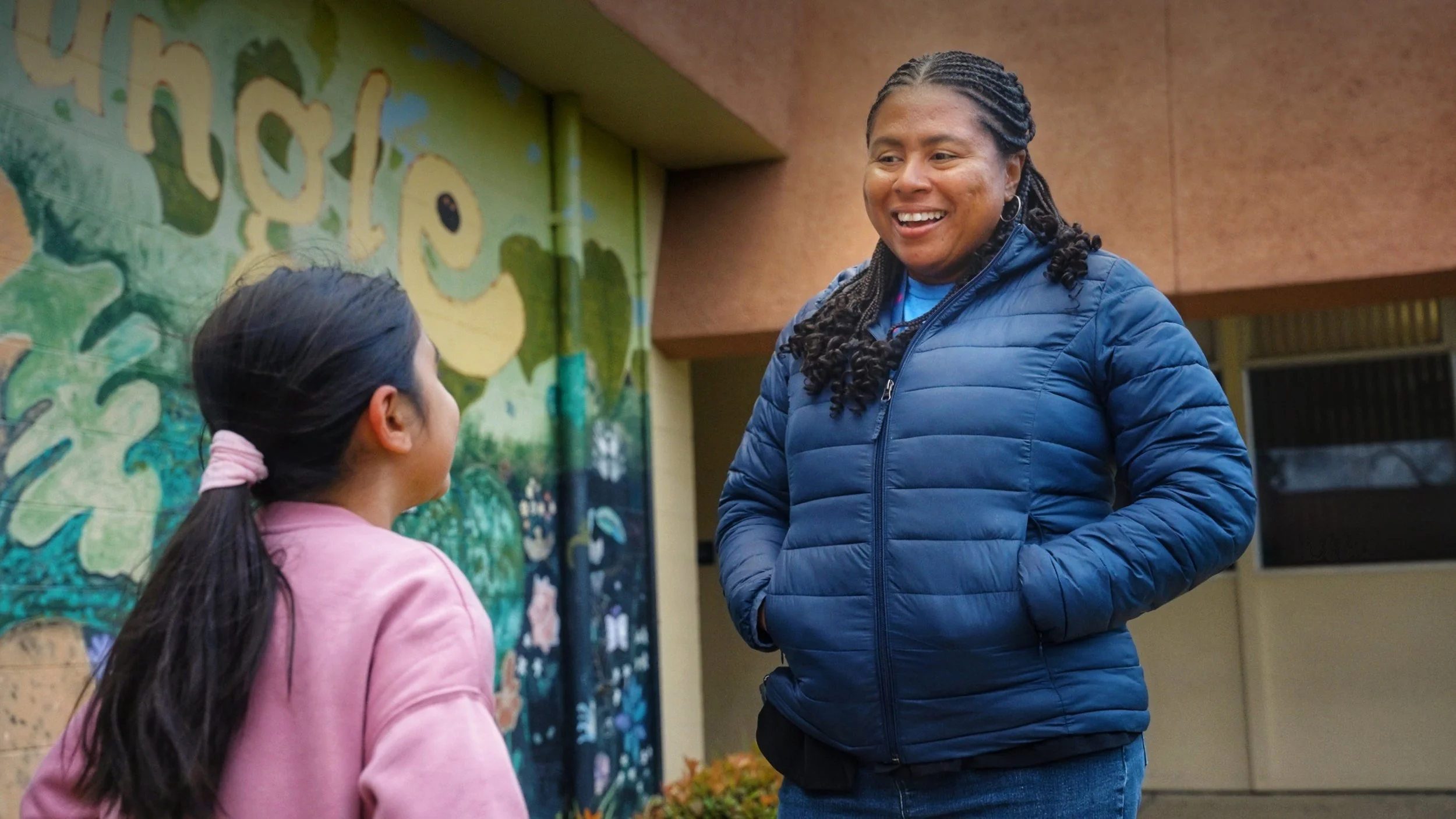
Clinician II Role
Phase 3: Weeks 13-27 at School Site
Training Resource Home > Clinician II > Phase 3: Weeks 13-27 at School Site
Phase Overview
This training phase for the Clinician II role aims to maintain confidence and consistently perform responsibilities involved in developing Schools as Centers of Wellness. It focuses on supporting clinical supervisees as they begin end-of-year transitions for clients and providing clinical support in accordance with licensing status. This phase ensures that Clinician IIs are well-prepared to guide their teams effectively through these processes.
Phase Objectives
Establish confidence and understanding of Clinician II’s role and responsibilities in developing Schools as Centers of Wellness
Support clinical supervisees in beginning end-of-year transitions for clients
Provide clinical support to supervisees in accordance with licensing status
Resources
STEP 1
Role Development
Develop proficiency in the Clinician II role by integrating diversity, equity, inclusivity, and belonging into professional practices, navigating discomfort via introspection and TSEL practices, and engaging actively in regional and SCOW team meetings, professional development, supervision, and school community events.
-
Continue to navigate Clinician II role and incorporate DEIB framework into work practices and professional engagements
Continue to navigate feelings of discomfort through introspection while upholding TSEL practices
Attend and collaborate in regional team meetings, program team meetings, professional development and trainings, supervision/consultation, and events within school community
STEP 2
Clinical Oversight and Support
Support supervisees with end-of-year transitions by initiating discussions and planning for honorable closures with clients, ensuring continuity of care through community partner referrals. Continue facilitating monthly documentation office hours for unlicensed clinicians (Associate Clinicians) and facilitating supervisions and consultations for all clinicians assigned.
-
Support all supervisees with end-of-year transitions by beginning to discuss and plan for honorable closures
Ensure supervisees have made proper referrals to community partners for continuity of care for clients that need it
Facilitate monthly documentation office hours
Supervision for Unlicensed Clinicians (Associate Clinicians):
Review, sign, or request revisions on client documentation within 72 hours of submission
Lead weekly group supervision for assigned group, maintaining notes and attendance records
Lead weekly individual supervision for associate Clinicians
Send out individual and group supervision mid-year feedback form
Supervision for Licensed Clinicians (Associate Clinicians):
Lead case consultation for assigned group of licensed Clinicians twice per month, maintaining notes and records



